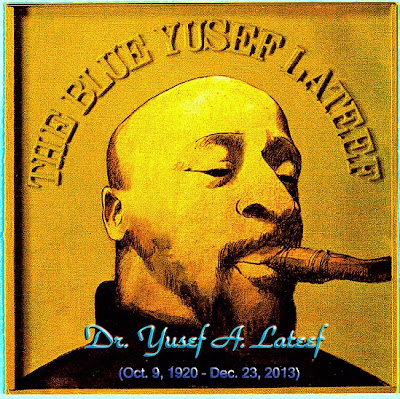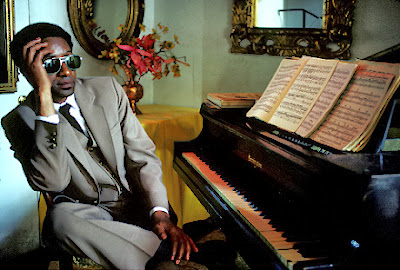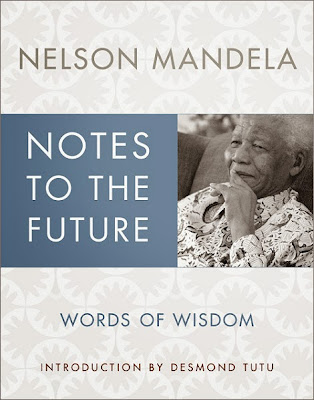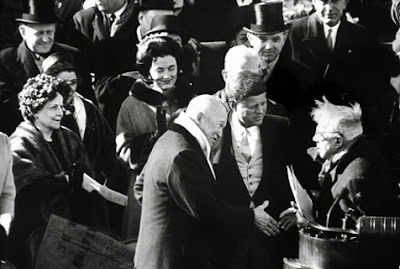Memory-Song Painted Gold: for The Blue Yusef Lateef (1920-2013) Part 1 - A Tribute

Yusef Lateef Gold digital graphic courtesy of Bright Skylark Literary Productions . (based on original 1968 Atlantic Records album for "The Blue Yusef Lateef) “ When the soul looks out of its body, it should see only beauty in its path. These are the sights we must hold in mind, in order to move to a higher place.” Yusef Lateef, from “A Syllogism” How could I have known, as a nine-year-old child growing up in Savannah’s Hitch Village project, that Yusef Lateef was speaking light in the form of music directly to my soul through his saxophone and flute when I first heard his masterpiece of an album The Blue Yusef Lateef ? I could not have imagined that years later, while seeking the timbres of my own creative voice out in the world, his would find me again. It happened this time as I sat in the window of a hotel in San Francisco’s Tenderloin District, the haunting blues-heavy moans of “Juba Juba” swelling the room as t


